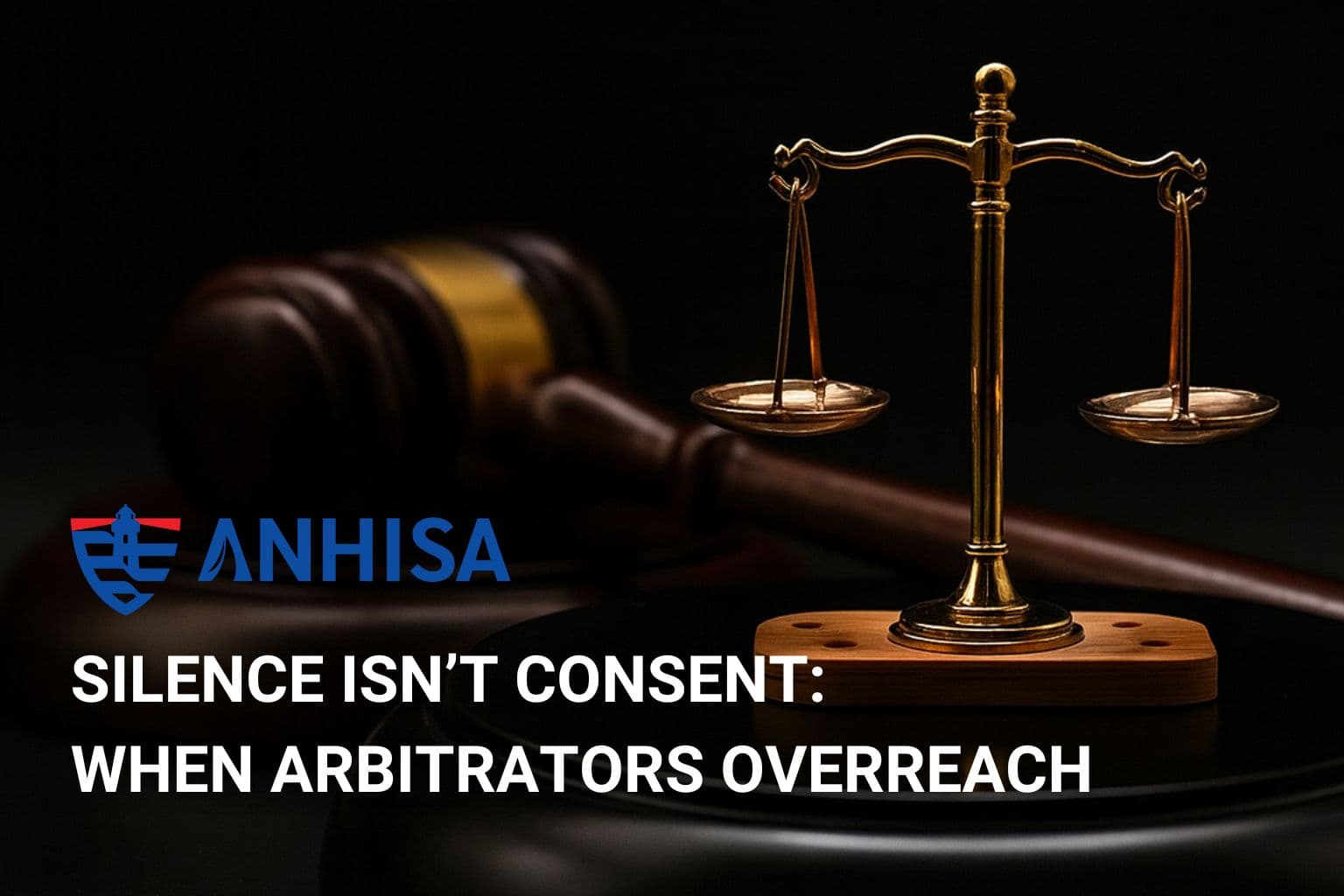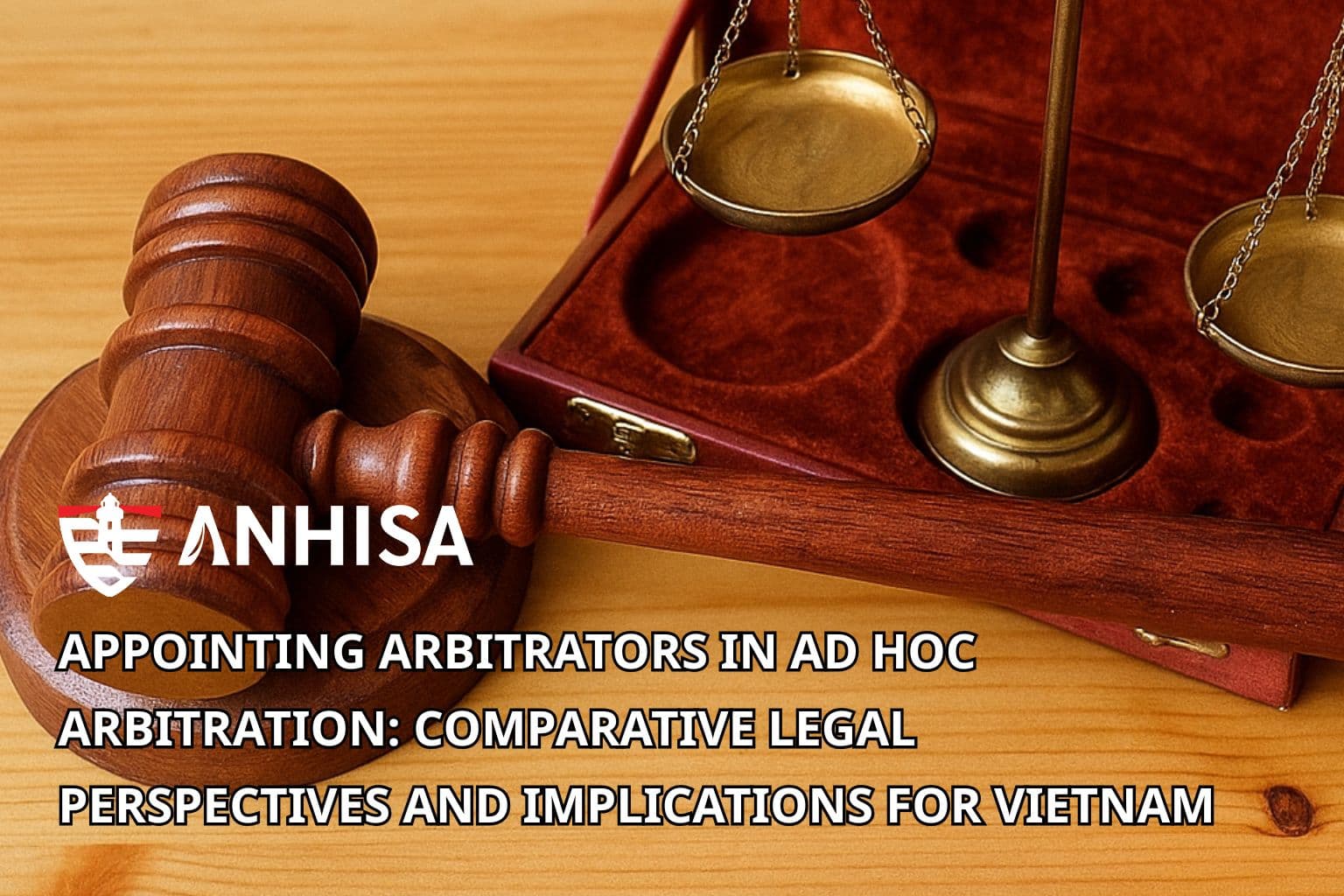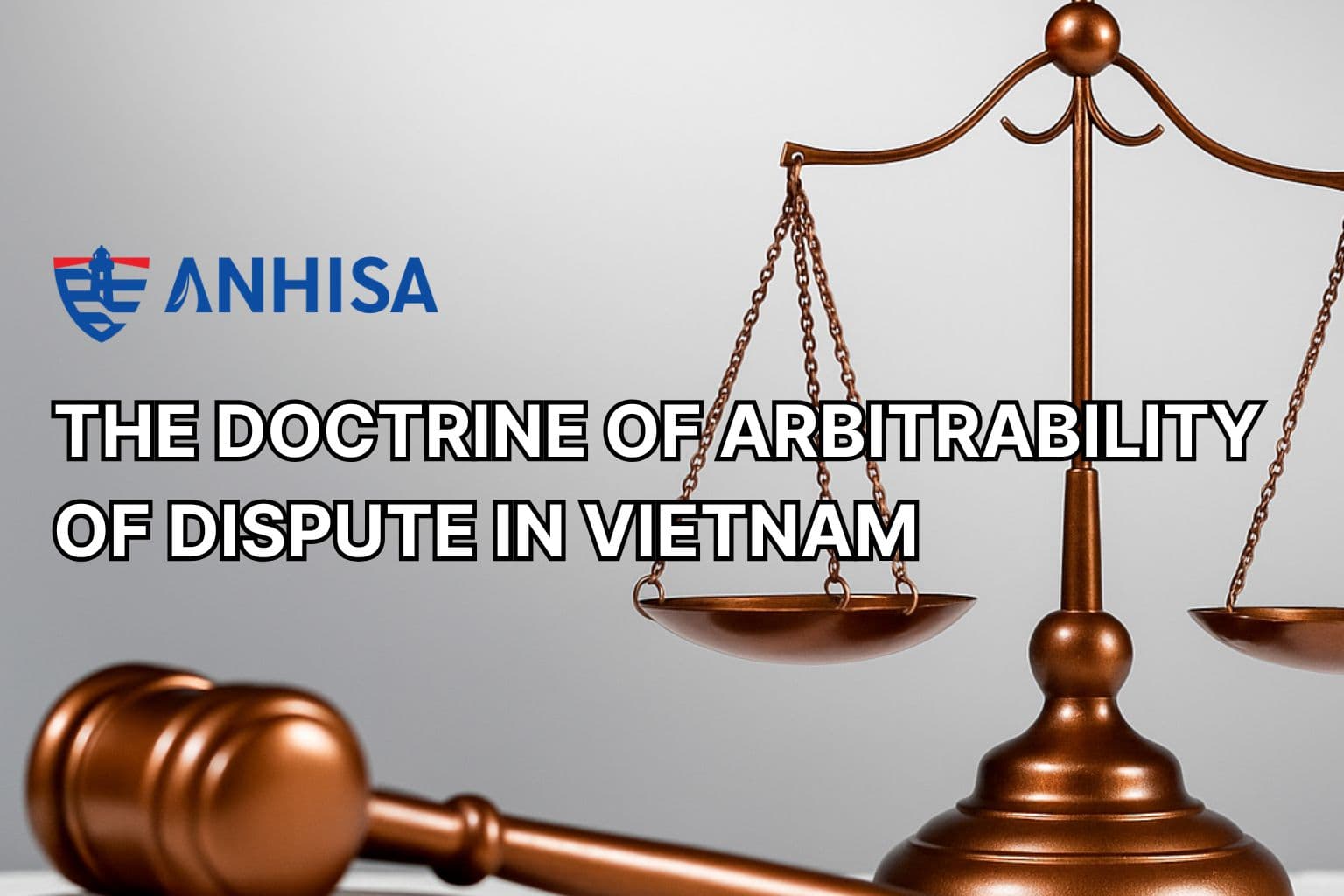COURT SETS ASIDE ARBITRAL AWARD FOR “VIOLATION OF ARBITRATOR IMPARTIALITY AND PRINCIPLES OF CONSUMER PROTECTION”
August 13, 2025
G Joint Stock Company -v- PST Pte. Ltd. [2022] HCMC Court Decision No. 101/2014/TLST-KDTM
INTRODUCTION
This was a challenge to an arbitral award issued by the Vietnam International Arbitration Centre (“VIAC”), brought by G Joint Stock Company (“G JSC“), which had been the Respondent in the arbitration. The Court of Ho Chi Minh City set aside the award on the grounds that it violated fundamental principles of Vietnamese law, including improper allocation of the burden of proof and failure to protect consumer rights.
SUMMARY OF FACTS
On 09 December 2010, G JSC (formerly TP JSC, hereafter referred to as “VX“) and PST Pte. Ltd. (“PST“) entered into a Software Support and Licensing Agreement. The Agreement, drafted by PST, required VX to pay a total of USD 1,380,000 for a software license and accompanying services to operate a trading system.
After testing, VX put the software into official use in April 2011. However, the software suffered from persistent critical errors. VX reported these issues on multiple occasions, and PST’s technical team attempted repairs. Despite this, the defects persisted, as VX documented the repair attempts through email correspondence.
Under Clause 9.1 of the Agreement, if PST determined the system was non-compliant, PST was obliged to rectify it by providing alternatives, repairs, or refunds. VX had paid USD 414,000 but withheld further payments due to the unresolved issues. PST considered this a breach of payment obligations and, on 14 November 2011, unilaterally revoked VX’s access to the system, locking all data.
On 19 July 2013, PST submitted a request for arbitration to VIAC, seeking recovery of the remaining outstanding USD 966,000 and incurred interest.
The arbitral award
On 17 January 2014, the VIAC tribunal issued an award in favour of PST:
- VX was ordered to pay PST a total of USD 1,003,000.
- PST bore 20% of the arbitration costs (VND 119,350,000) while VX bore 80% (VND 477,400,000), to be reimbursed to PST.
- VX was required to reimburse PST for VND 11,722,500 in Arbitrators’ travel and accommodation costs advanced by PST.
- VX was required to pay the total amount within 60 days or be liable for late payment interest.
GROUNDS FOR THE SETTING ASIDE
VX filed a request to set aside the award on the following grounds:
- Lack of jurisdiction: VX argued that the arbitration clause excluded disputes over payment obligations from VIAC’s jurisdiction, reserving such claims to the courts. This, they argued, invalidated the tribunal’s jurisdiction per Article 68.2(a) of 2010 Law on Commercial Arbitration.
- Violation of fundamental principles of Vietnamese law: VX contended that the tribunal was not independent, objective and impartial, failed to enforce contractual terms on penalty interest, and breached statutory protections for consumers (as stipulated under Article 68.2(dd) of 2010 Law on Commercial Arbitration ).

The Court’s findings
Jurisdiction
The Court found that the Agreement contained provisions granting PST the right to elect court proceedings for non-payment disputes, but also included a general arbitration clause referring disputes to VIAC. Hence, it was deemed that the tribunal had acted within its jurisdiction by accepting the dispute. VX had objected to jurisdiction in its statement of defense but failed to substantiate its claim that it had reiterated this objection during the hearing. Therefore, the Court held that the tribunal’s assumption of jurisdiction was valid under the law.
Violation of the law’s fundamental principles
The Court, however, accepted VX’s second argument, found that the tribunal had failed to apply the proper·burden of proof under the Law on Protection of Consumer Rights. Specifically:
- As PST was a service provider and VX a consumer, PST had the burden to prove that the software was defect-free.
- Instead, the tribunal wrongly placed the burden on VX to prove the software was faulty.
- The tribunal ignored evidence showing that PST had revoked VX’s access despite ongoing disputes over software quality.
Moreover, the tribunal failed to consider that VX had raised legitimate quality objections prior to PST’s claim for payment; then, accepted PST’s claim in full without requiring PST to substantiate that the product met contractual standards.
The Court found that these misapplications breached the principles of objectivity and impartiality of arbitrators set out in Article 4.2 of 2010 Law on Commercial Arbitration, and the principle of consumer protection under Article 14 of 2005 Commercial Law.
Conclusion of the Court
The Court concluded that the arbitral award contravened fundamental principles of Vietnamese law. Accordingly, the award was set aside based on the ground set under Article 68.2(dd) of the 2010 Law on Commercial Arbitration.

COMMENT
The decision of the Ho Chi Minh City Court to set aside the arbitral award demonstrates an overreach by the Court into the substantive merits of the arbitral proceedings. Instead of confining its review to procedural issues and serious violations of fundamental principles of due process, the Court delved into how the arbitral tribunal allocated the burden of proof and assessed the evidence – matters squarely within the tribunal’s adjudicative discretion. This approach undermines the finality and autonomy of arbitration.
Notably, the Court’s reasoning on the arbitral award failed to address the core issues of the dispute. Specifically, the Court did not examine whether PST had breached its fundamental contractual obligations by providing a service that was unusable, nor did it clarify whether VX was in fact required to prove that PST’s service was unusable. These are essential elements for understanding the nature of the dispute and determining the parties’ respective burdens of proof, yet they were overlooked.
Furthermore, the Court’s application of the Law on Protection of Consumer Rights was inappropriate. Under Article 3.1 of the 2010 Law on Protection of Consumer Rights, “A consumer is a person who purchases or uses products, goods, or services for personal, family, or organizational consumption and not for commercial purposes.”
In this case, VX is a commercial entity purchasing services from PST- another commercial entity – for commercial purposes. Therefore, the Court’s and VX’s characterization of VX as a “consumer” in order to apply the Law on Protection of Consumer Rights to the substantive review of the arbitral award is legally unfounded. This misapplication of law reverses the burden of proof and fundamentally distorts the nature of the dispute. The Law on Protection of Consumer Rights governs transactions for consumption purposes only, whereas the relationship between VX and PST is purely commercial in nature.
By expanding the scope of review, interfering with the tribunal’s evaluation of the evidence, and misapplying the law, the Court has significantly undermined the predictability and efficiency that commercial arbitration is designed to provide.
ANHISA LLC AND OUR EXPERTISE
ANHISA LLC is a boutique law firm specializing in Dispute Resolution, Shipping and Aviation. Being the leading lawyers in various fields of law, our qualified, experienced, and supportive team of lawyers knows how to best proceed with a case against or in relation to Vietnamese parties and are well equipped to provide clients with cost-effective and innovative solutions to their problems. Regarding dispute resolution, we have represented Vietnamese and foreign clients in the resolution of disputes involving maritime, construction, commercial, and civil matters. Our lawyers are well-equipped to offer services on a wide range of disputes and conflicts, whether cross-border or purely domestic, to appear before any Judges or Arbitral Tribunals. The firm is prepared to assist clients in designing the appropriate dispute resolution procedure to help resolve conflicts as efficiently and cost-effectively as possible, which may involve combining elements of mediation and other methods such as arbitration.
You are invited to access here for more details about our practice updates in international shipping, aviation, and ADR.
This article aims to furnish our clients and contacts with general information on the relevant topic for reference purposes only, without creating any duty of care on the part of ANHISA. The information presented herein is not intended to serve, nor should it be considered, as a substitute for legal or other professional advice.
Related posts

SILENCE ISN’T CONSENT: WHEN ARBITRATORS OVERREACH
November 27, 2025

APPOINTING ARBITRATORS IN AD HOC ARBITRATION: COMPARATIVE LEGAL PERSPECTIVES AND IMPLICATIONS FOR VIETNAM
October 08, 2025

PARTIES TO AN ARBITRATION AGREEMENT
October 01, 2025

THE DOCTRINE OF ARBITRABILITY OF DISPUTE IN VIETNAM
September 24, 2025
- EMAIL:
- om@anhisa.com
- office@anhisa.com
- TEL:
- Hanoi Office: +84 24 320 47609
- Saigon Office: +84 28 5416 5873
- HOTLINE:
- +84 (0) 939 117 398
- +84 (0) 983 488 380

